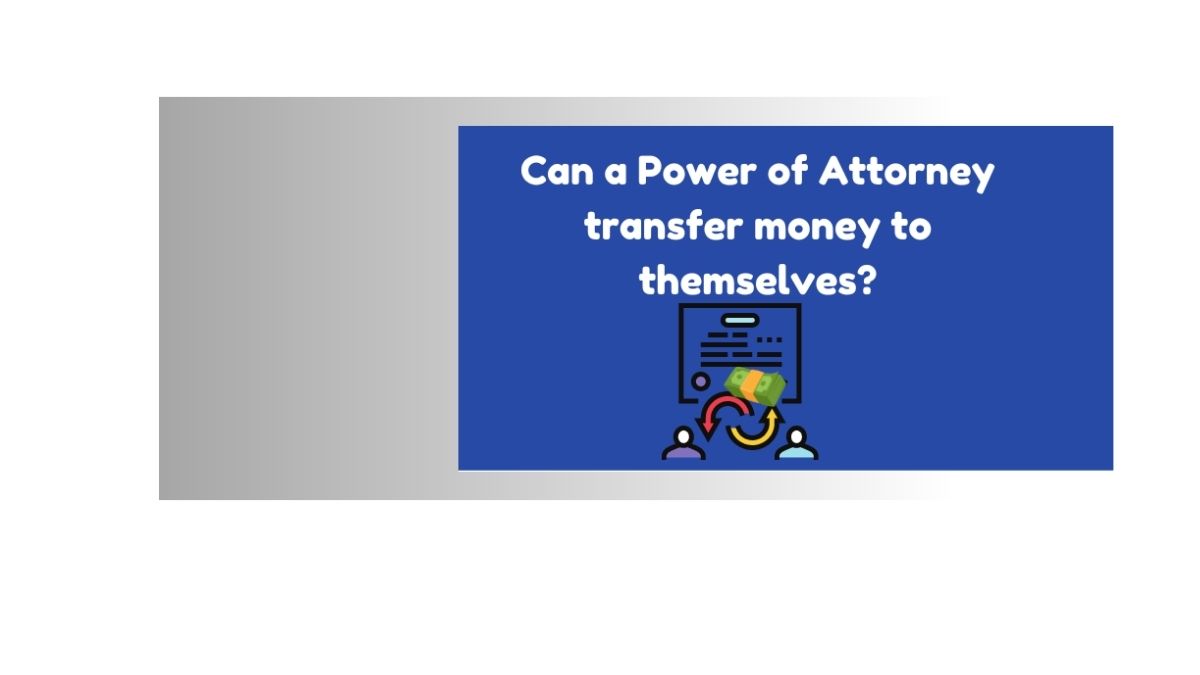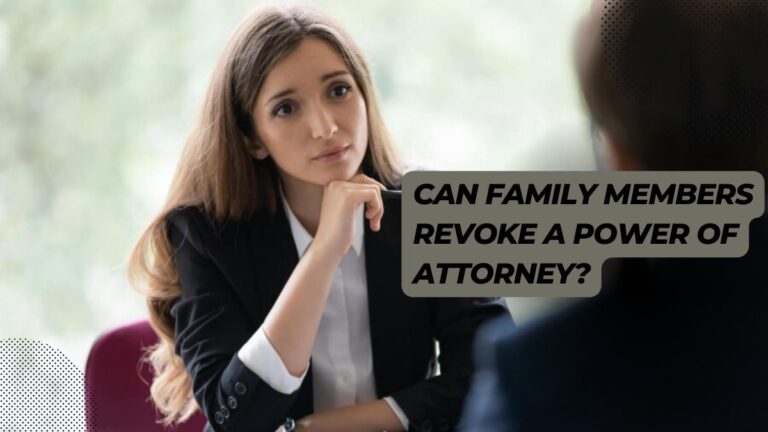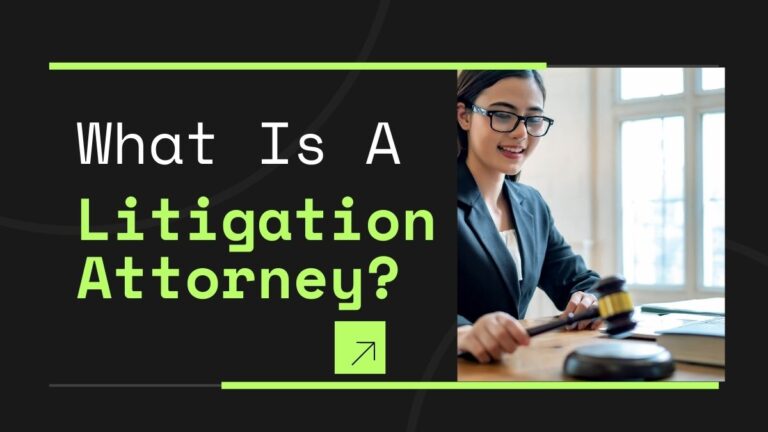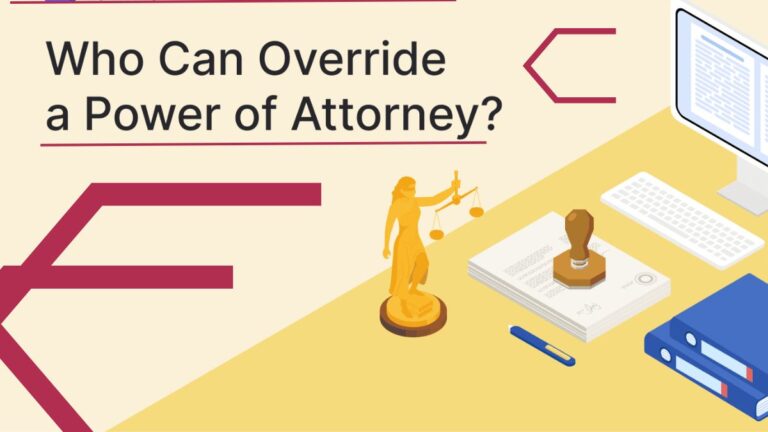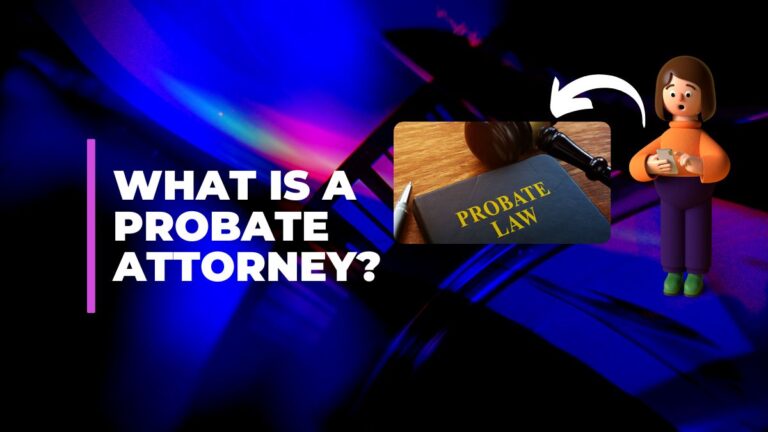Can A Power Of Attorney Transfer Money To Themselves?
A power of attorney is a legal document that grants someone the authority to act on behalf of another person, known as the principal. This authorization can cover a wide range of matters, including financial decisions, property management, healthcare choices, and more.
The person entrusted with this responsibility is called an agent or an attorney-in-fact. They have the power to make decisions and take actions in accordance with the wishes and best interests of the principal. The scope of their authority can vary depending on the specific terms outlined in the power of attorney document.
There are different types of powers of attorney available, such as general power of attorney (which gives broad decision-making powers), limited power of attorney (which restricts decision-making to specific areas), durable power of attorney (which remains effective even if the principal becomes incapacitated), and medical power of attorney (specifically for healthcare decisions).
It’s important to note that being granted a power-of-attorney does not give agents free rein to do whatever they please. They have a fiduciary duty to act in good faith and solely for the benefit and well-being of the principal. Any misuse or abuse could result in legal consequences.
Can a power of attorney transfer money to themselves?
- A power of attorney is a legal document that grants someone else the authority to act on your behalf in financial or legal matters. It is commonly used when an individual becomes incapacitated and is unable to handle their own affairs.
- Now, let’s address the question at hand: Can a power of attorney transfer money to themselves? The answer depends on the specific powers granted within the document. In some cases, a power of attorney may have broad authority to manage all aspects of someone’s finances, including transferring funds to themselves. However, this can raise ethical concerns and potential conflicts of interest.
- It is important to note that any misuse or abuse of a power of attorney can lead to serious consequences. If you suspect that someone with power of attorney is improperly transferring funds for their own benefit, it may be necessary to take action.
- If you wish to revoke a power of attorney, there are steps you can take. First and foremost, consult with an experienced attorney who specializes in estate planning and elder law. They will guide you through the process and ensure that your rights are protected.
- While it is possible for a power of attorney to transfer money to themselves depending on the specific powers granted within the document, it must be done ethically and in accordance with the law.
How to revoke a power of attorney?
- Revoking a power of attorney may become necessary for various reasons, such as changing circumstances or loss of trust. The process to revoke a power of attorney should be handled carefully and in accordance with the legal requirements.
- It is crucial to review the original power of attorney document to understand any specific instructions or conditions regarding revocation. Some documents may outline a specific procedure that must be followed.
- To begin the revocation process, it is recommended to draft a formal revocation letter stating your intent clearly and without ambiguity. This letter should include important details such as the date, your name, the appointed agent’s name, and an explicit statement indicating that you are revoking their authority.
- After drafting the letter, ensure that it is signed in front of a notary public or witnesses (depending on your jurisdiction’s requirements) to validate its authenticity. It is advisable to retain multiple copies of this legally binding document for record-keeping purposes.
- To ensure all relevant parties are informed about the revocation, send copies of the notarized letter via certified mail with the return receipt requested. This will provide proof that they have received notification about the termination of their authority.
- Additionally, it might be prudent to inform other involved parties who previously relied on the power of attorney arrangement about its termination. These could include financial institutions where accounts were managed by the agent or healthcare providers who interacted with them on behalf of the principal.
- Remember that each state or country may have different procedures for power-of-attorney revocations. Therefore, consulting an experienced lawyer specializing in estate planning can help navigate through any complexities and ensure compliance with local regulations throughout this process.
Conclusion
A power of attorney can transfer money to themselves under certain circumstances. However, it is essential to understand the legal implications and ethical considerations involved in such actions.
Before granting someone power of attorney, it is crucial to carefully consider their trustworthiness and reliability. Ensure that you fully understand the powers you are delegating and any limitations or restrictions that may apply.
If you find yourself in a situation where you believe your appointed agent has abused their authority by transferring funds to themselves without your permission or for personal gain, taking immediate action is crucial. Consult with an attorney who specializes in estate planning or elder law to explore your options for revoking the power of attorney and seeking legal remedies.
Remember that every situation is unique, so it’s important to seek professional advice tailored specifically to your circumstances. By understanding the rights and responsibilities associated with powers of attorney, you can protect yourself and ensure that your financial affairs are managed properly.
